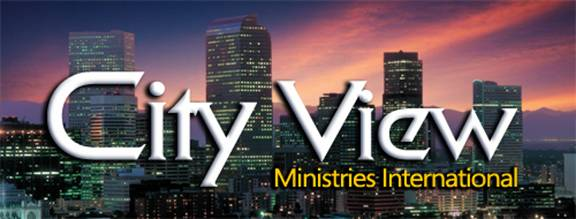2 Sam. 19 Heavy Words
Parental love is a powerful force, which I believe God has placed in our DNA; as it is definitely one of the Lord’s characteristics for His sons and daughters. Few of us will find ourselves in a similar scenario as David was on this stage of intended overthrow of his reign by Absalom. When leaders find themselves in positions as David, like David had, we too need those who will be bold enough to confront us. Granted Joab over stepped his boundary in addressing the king as he did; yet it seems as though he was the only one who would or did confront David.
Absalom’s death ended the rebellion; however David’s mourning stole the joy of the victory, with people feeling shamed. The king had disgraced those who willing laid down their lives so that he could live and reassumed his reign.
Joab was a master military man and had an uncanny ability to read people to know what they would do. In this case, he knew if David didn’t affirm them and assume his role as king of a nation; what he had just encountered would pale in comparisons to what would happen if David didn’t step up to the plate. This is one of the reasons why under the Law the Aaronic priesthood was not permitted to mourn for their children’s death, especially as a result of transgression. They had a “public” responsibility to minister and function in their calling.
So it is with leaders today. Whether it is mourning or any number reasons, we can’t afford to permit those emotions to overtake our responsibilities. True in the case of mourning, we need that time as relatives; yet even that would need to be done in a manner that wouldn’t affect our functions, roles or responsibilities.
Joab declares to the king it appeared as though he would have rejoiced over the deaths of all those who were battling for him and Absalom, who had tried to overthrow his reign and government, had lived. Wisely, David heeds Joab’s counsel in this regard and the nation comes to a season of peace. The only dispute was over why those of Judah who had sided with Absalom were so slow to humble themselves and ask David to return. Pride can hinder not only individuals, but nations as well.
David sent Zadok and Abiathar as emissaries to Judah and solicit them to ask David to return. They did that as there seems to be a renewal of divine authority in David as he speaks to Amasa.
The Tribe of Judah met David at Gilgal to greet and welcome the king home. Several of those who had acted with disdain and contempt for David during the hasty exodus, were reprieved for a season at least in some cases. David opted for this to be a time reconciliation; rather than a time of revenge (vs. 22, 23). Why? Because he knew he was the king and was secure in that. Leaders, we too must be confident of our calling and office, as well as being secure in that regardless of what may have been said about or to us in the past. It isn’t pride; it’s knowing Whose we are.
When the king met Mephibosheth, he asked why he didn’t come with him. Upon hearing the true story, David reversed his decision made too hastily to Ziba. Verse 29 would give the impression that the land was split fifty – fifty; yet under the original agreement, Ziba would receive fifty percent of the produce of the land for his household, and be responsible for the provision of Mephilbosheth’s family and household.
Miphibosheth’s humility, gratefulness and loyalty to David are seen clearly in verse 30. He is simply happy to see the king return and assume his rightful place on the throne.
David expresses genuine thanks to those who supported him during the uprising; among whom was Barzillai, an older man that appealed to the king to not make the entire trip back to Jerusalem, but to live the rest of his days in his own home. Chimham, was either the son or grandson of Barzillai and traveled with David back to Jerusalem. He eventually was blessed by David for the sake of Barzillai. Favor can be inherited, provided the benefactors have the same character, vision and passion as their predecessors.
It’s always appropriate to express appreciation and thanks to those who have been there for us; with encouragement, provision and prayer. Too many seasoned warriors are forgotten at best and ignored at worst. The Word admonishes us to “give honor to whom honor is due”.
An argument ensued as to why the ten tribes of Israel weren’t consulted and/or invited to return of David to Jerusalem. Israel’s argument was that they were ten tribes, thereby having a larger number of people to give allegiance to the king. Judah’s position, which won the day, which was David was from their tribe; being a relative of almost everyone in the tribe at some level, near or distant.
An interesting phrase is found in the concluding verse, 43, in the last line; “the words of the men of Judah were fiercer than the words of the men of Israel.” The word “fiercer” carries the idea of being “dense” or if you will weighty. When we stand and declare the Word of the Lord, logos or rhema, we have “weighty words”. When we declare His will, based on His word for people, regions and nations; our words carry weight, of revelation, truth and authority in the Lord.
Declare the Word! Live the Word! Do the Word!
